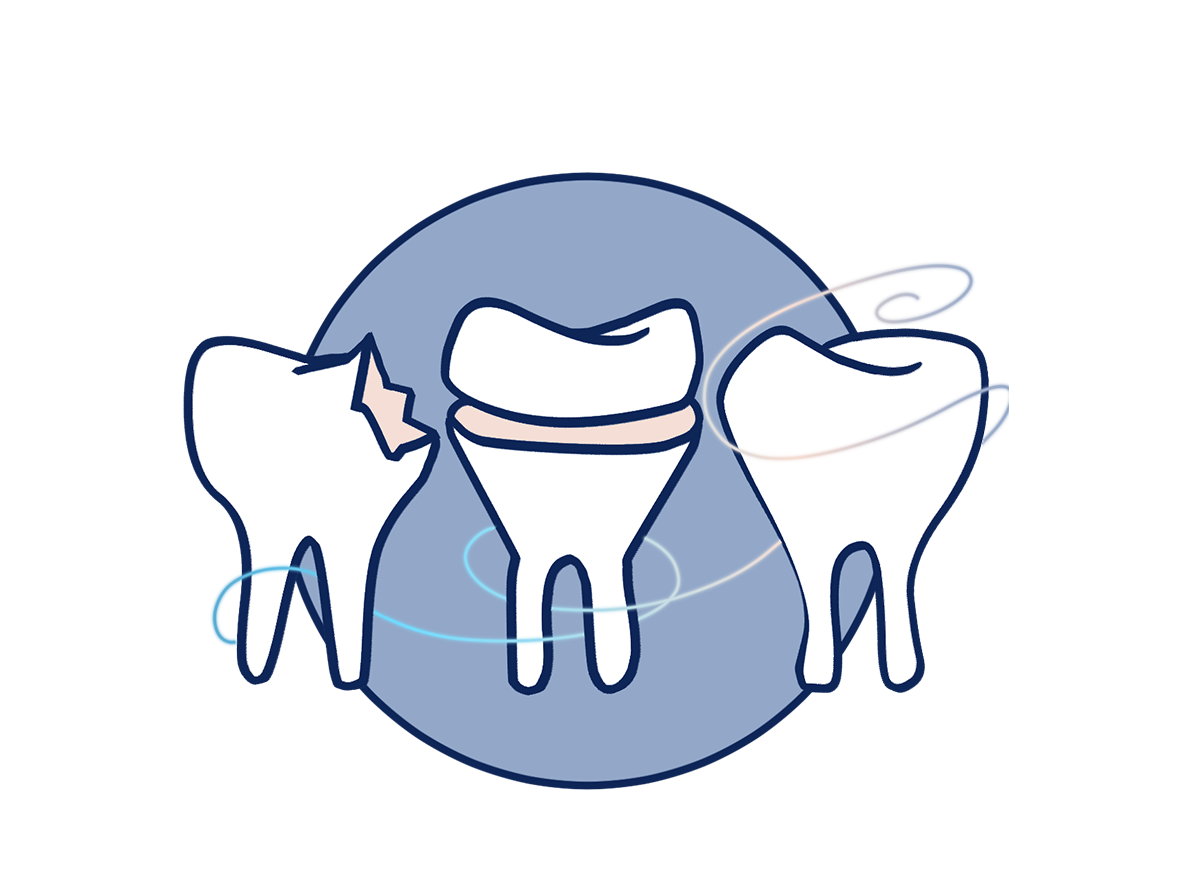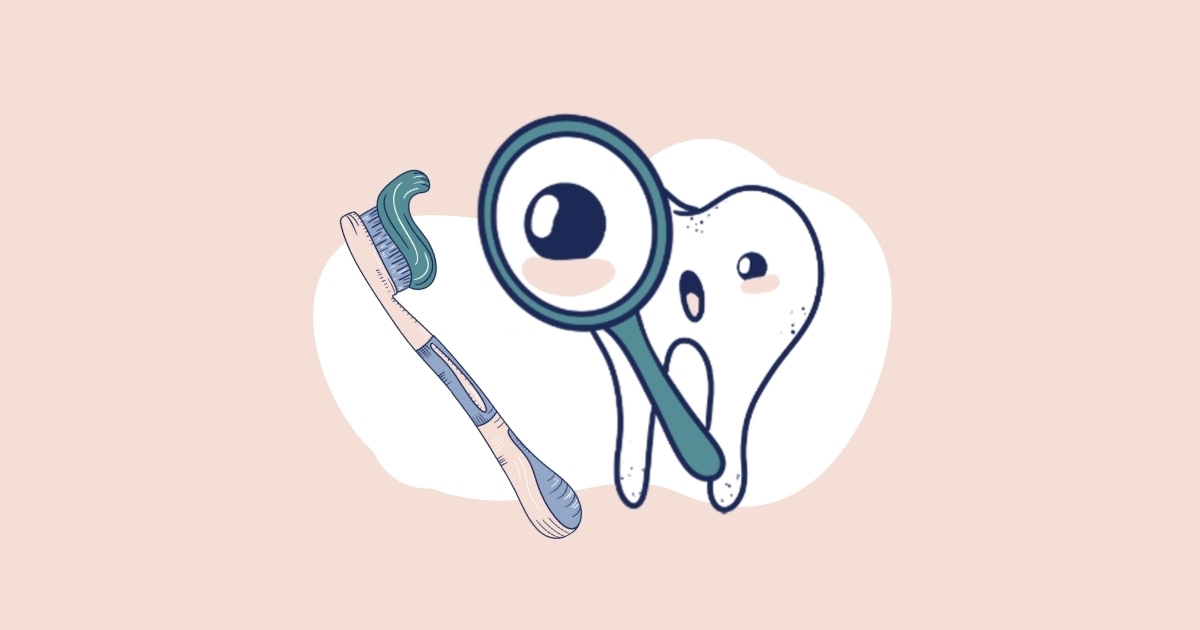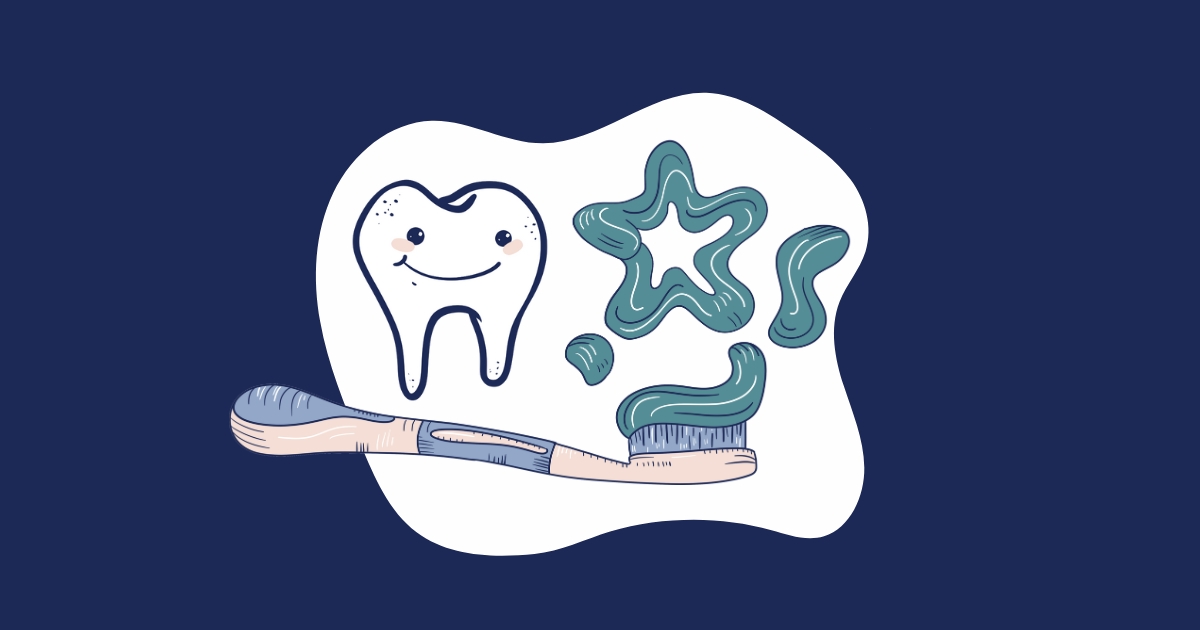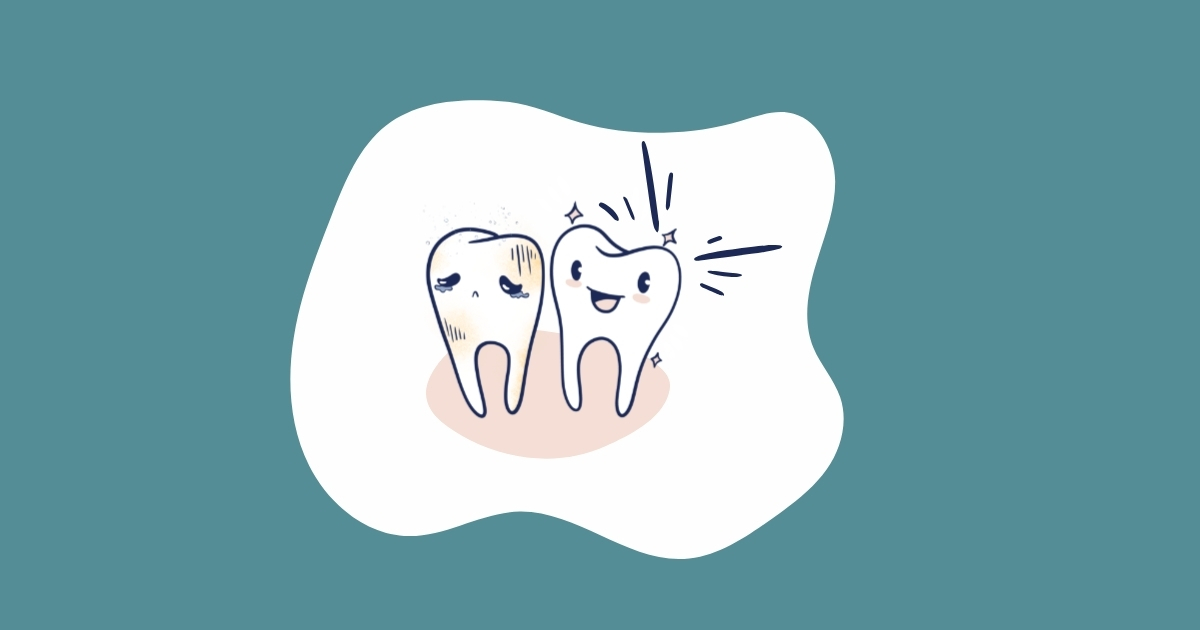Dental trauma. Two words nobody likes to hear together, let alone experience.
Dental trauma is any injury to the mouth, including the teeth, gums, tongue, and jawbone. For example, imagine your child is at gymnastics practice. An errant knee knocks a tooth loose or entirely out of the socket. Or, you’re walking along with your hands in your pockets, and you stumble. Unable to break your fall, you land just right, and out pops a tooth. What do you do? Can you save the tooth? Never fear because, with a few easy tips, you can learn how to prevent dental trauma and stay cool in the event of a dental emergency.
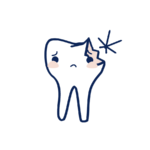
Dental Emergencies with Primary Teeth
Toddlers and children may experience dental trauma due to falls while playing, learning to walk, or participating in athletic activities. Primary tooth loss in the first few years of life can affect the appearance of the permanent tooth. It may also cause intrusion (when the tooth is buried in the gum) or avulsion (when the tooth is knocked out). Very young children are more likely to suffer short and long-term effects from dental trauma as the primary and permanent teeth are more closely related earlier in life. The good news is that if an older child loses a primary tooth prematurely, it likely just means the Tooth Fairy is coming earlier than expected.

How to Prevent Dental Trauma in Primary Teeth
There are several simple ways to prevent toddlers and children from experiencing dental trauma. First, avoid using baby walkers, as they can cause all kinds of childhood injuries, including dental emergencies. Second, encourage your children to be mindful of their teeth and discourage them from pushing their friends while playing since falls and misplaced elbows may result in dental trauma. Remind your children to use care on playground equipment and avoid jumping out of swings. Finally, if your child is old enough to participate in sports that could result in a dental or facial injury, ensure that their protective equipment includes a helmet and mouthguard.
If your child does prematurely lose a primary tooth, replacing the lost tooth in the socket or saving it for the dentist is unnecessary. You should take your child to the dentist as soon as possible following the injury to ensure there are no significant issues.
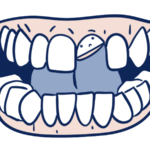
Dental Emergencies with Permanent Teeth
Adults and older children who have permanent teeth can also experience falls, sports-related injuries, car accidents, or other incidents that lead to dental trauma. Even biting down on hard candy or another food item with an already weakened tooth can result in a dental emergency. Untreated dental trauma, such as fractured, split, chipped, loosened, or knocked-out teeth, can cause pain, infection, further tooth loss, TMJ (temporomandibular joint), earaches, or vertigo over time. It is just as important to see your dentist regularly to prevent dental trauma due to weakened teeth as it is to visit them during a dental emergency.
How to Handle a Broken or Knocked Out Permanent Tooth
In the event of a dental emergency, there’s no need to panic. Knowing the steps to handle a broken or knocked-out tooth means you can proceed calmly and confidently, with a higher likelihood of saving your tooth.
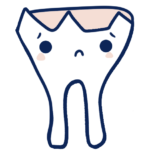
For a Chipped or Broken Tooth
When you chip, fracture, or break a tooth, see your dentist as soon as possible. If you don’t visit the dentist, your tooth may become infected, resulting in tooth loss. Even if you can’t see your dentist immediately, there are measures you can take to prevent pain and further damage. Take an over-the-counter pain reliever like acetaminophen or ibuprofen as needed. If you must eat, consume only soft foods and avoid biting down on the broken tooth. Use a piece of sugarless gum or paraffin wax to cover the jagged edge of a damaged tooth; this helps prevent cuts to the tongue or inside of the mouth. Treatment for a broken tooth varies depending on the severity of the issue. Options may include root canal, filling or bonding, a dental crown, or veneer.

For a Knocked-out Tooth
A knocked-out permanent tooth is a dental emergency that needs immediate attention, but saving the tooth is possible. First, find the tooth and handle it only by the crown or top. Do not touch the root! Next, gently insert the tooth, root first, back into the empty socket. You do not need to clean the tooth before reinserting unless it is excessively dirty.
If you do need to rinse debris from the tooth, do it very quickly using only water. Do not scrub the tooth or apply any cleaning agents before reinserting it in the socket. Once you replace the tooth, bite down on a gauze pad or handkerchief to keep the tooth in place. Proceed to your dentist’s office or an emergency room. Your tooth will be splinted into place, allowing it to re-root and heal. The nerve in the tooth will die, but the tooth should continue to function correctly. Healing takes about six weeks, during which time a soft food diet is recommended.
If you are unable to replace the tooth in the socket, you can still save it! Store the tooth in a glass of milk, a balanced saline solution, or Save-A-Tooth. Do not store the tooth in plain water, as it will kill the cells needed for replanting. If you don’t have milk or other options available, place the tooth inside your mouth, between your cheek and gum, to prevent drying. Get to your dentist or an emergency room as soon as possible so the tooth can be re-planted. Properly stored teeth can be saved up to 24 hours after dental trauma.
While dental trauma is preventable, it’s not always avoidable. Even the most careful children and adults can experience a dental emergency. When primary or permanent teeth are damaged, seek immediate treatment to avoid further trauma, and follow the steps outlined here to save your teeth. In the event of a dental emergency, contact Bass Dentistry. We’re here to help with emergency services, restorative treatments, and the overall dental health of your entire family.
Healthy Gums,
Healthy Life
If dental health is important to you and your family, take steps to know how to keep your gums healthy. Gum health is essential to maintaining healthy teeth and overall good dental hygiene. Brush and floss multiple times per day, avoid tobacco products, and use a therapeutic mouthwash.
If you want to know more about maintaining a healthy smile, book an appointment today with Bass Dentistry.

